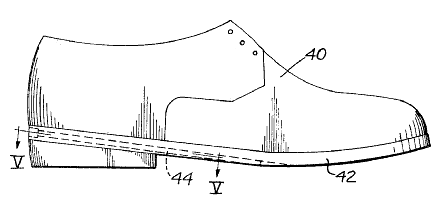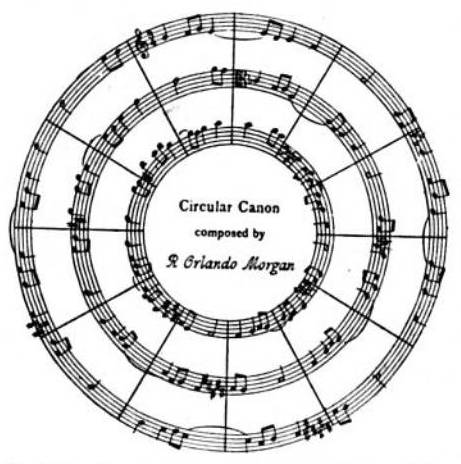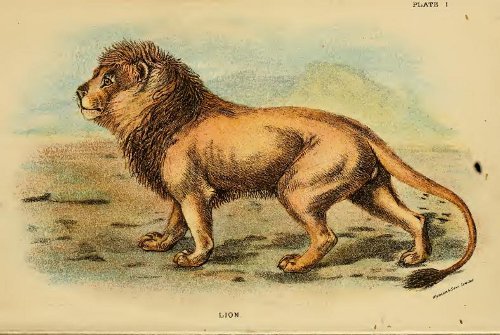In 1913, German acrobat Otto Witte was traveling through the Balkans when Albania declared its independence from the Ottoman Empire. A fellow circus performer noted Witte’s resemblance to Prince Halim Eddine, whom a local faction were entreating to head the new state.
Witte maintained that he forged a couple of telegrams, arrived in the fledgling nation posing as Eddine, took control of the military, and was proclaimed king. For five days he disported with harem girls, ordered amnesty for prisoners, and distributed gold among the local chieftains. When inquiries began to arrive from Constantinople, he slipped out of town “to avoid unnecessary bloodshed.”
Skeptics note that this story is uncomfortably close to The Prisoner of Zenda, whose first film adaptation had appeared in that year. But Witte insisted the story was true, pointing to his official identity card, issued by the Berlin police, which listed his occupation as “circus entertainer” and “onetime king of Albania.” He seems to have convinced at least himself of the tale — when Witte died in 1958, Time noted that he would accept only mail that was addressed to “Otto I, ex-King of Albania.”




